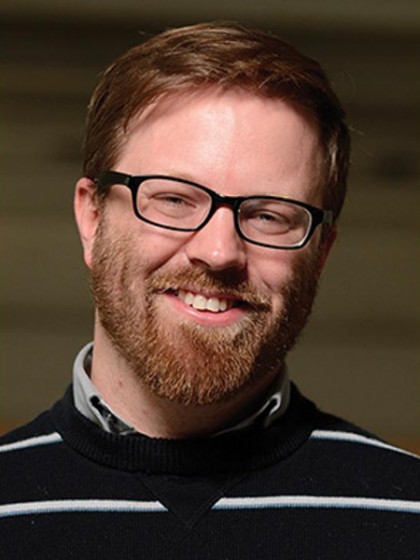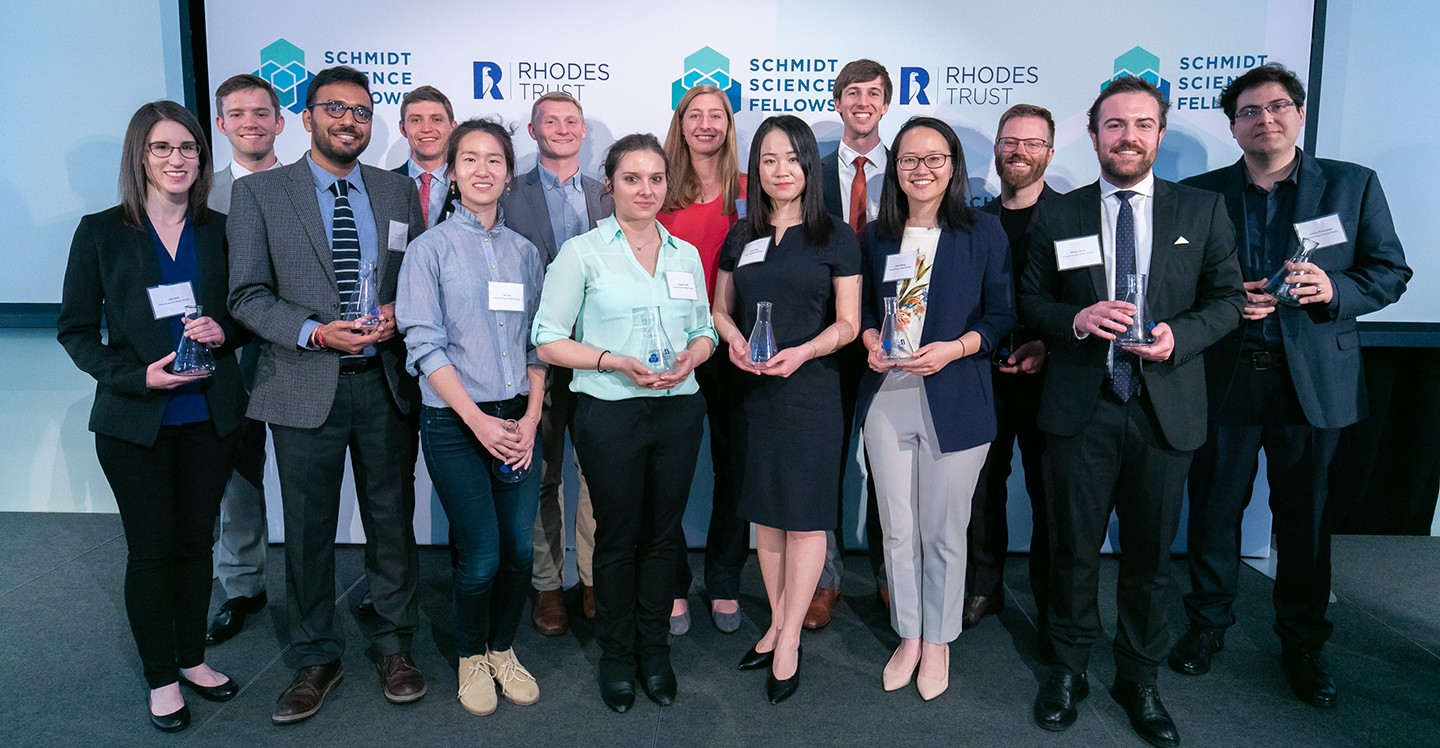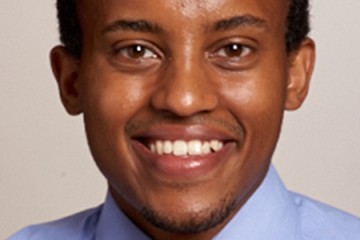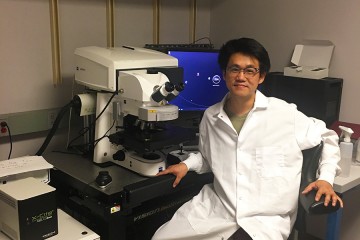Johns Hopkins doctoral candidate Wesley Fuhrman has been selected as an inaugural Schmidt Science Fellow for his research into a promising but mysterious class of quantum materials called topological insulators.

Image caption: Wesley Fuhrman
Endowed by Eric Schmidt, the former CEO of Google, and his wife, philanthropist Wendy Schmidt, the fellowship program seeks to support the next generation of scientific leaders, giving them the tools and opportunities they need to drive world-changing innovations. Winners receive a $100,000 award.
"The next frontiers of scientific discovery will be pioneered by those who can transcend the traditional boundaries of science, using techniques from multiple scientific fields to tackle society's longstanding challenges," Eric Schmidt said. "The first class of Schmidt Science Fellows have the intelligence, inspiration, and ambition to be leaders in science and society. We at Schmidt Futures look forward to helping them realize that potential."
Selected from a pool of 220 global applicants and 31 finalists, Fuhrman, who is earning his PhD in physics at Hopkins, was one of 14 scientists to join the first cohort of Schmidt Science Fellows. In addition to the $100,000 stipend, the scientists are invited to a global meeting series hosted by the world's leading universities—beginning at the University of Oxford in July—where fellows will learn about a range of scientific fields.
Recipients were notified Monday afternoon and honored Monday evening at an event in New York City.
"I was honored—and humbled—to receive the call that I had won," Fuhrman said.
Fuhrman's work focuses on quantum materials, which are made up of particles that behave in unexpected ways. These unpredictable materials have incredible computational and mechanical applications—including the electromagnetism that makes MRI machines work and the underlying process that makes gigabyte storage possible. Fuhrman's current research centers on samarium hexaboride, or SmB6, a material with a metallic, electricity-conducting surface and an insulating interior that demonstrates characteristics of being both a metal and an insulator simultaneously.
Also see
"It's a very curious material that falls under the category of topological insulators. It's a hot area of research right now," Fuhrman says. "Throughout my PhD, I've applied basic scientific tools to understanding this material, but so far there's a lack of real-world applications. With the Schmidt Fellowship, I hope to connect the pipeline—to move from basic science to application effectively."
Fuhrman has earned distinction for his research since his time as an undergraduate student at the University of California, Irvine, where he experimented with non-collinear antiferromagnets. His research corresponded with experiments taking place at Johns Hopkins, and after joining Hopkins for his graduate studies, Fuhrman stood out as an unusually gifted and sophisticated scientist, says Collin Broholm, who directs the Johns Hopkins Institute for Quantum Matter.
"Wes has made tremendous scientific progress on really difficult problems in his brief time at JHU," Broholm says. "The Schmidt Science Fellowship is richly deserved, and I am excited to see it kick off Wes' independent scientific career."

Image caption: The inaugural cohort of Schmidt Science Fellows are honored in New York.
Image credit: Adam Schultz
The Schmidt Science Fellows Program is operated in collaboration with the Rhodes Trust and is made possible through a three-year, $25 million grant. It is the beginning of a pledged $100 million effort to promote scientific leadership around the world.
"Eric and I have long wanted to find a powerful way to enhance the development of some of our world's most promising scientists and technologists, to help them become our next generation of leaders," Wendy Schmidt said. "Following their Fellowship year, this cohort will be equipped to drive new discoveries and to pioneer strategic approaches to the challenges we face for human and planetary health. We know they will move forward faster and in a more collaborative fashion than possible in previous generations.
Posted in Science+Technology, University News
Tagged quantum physics









